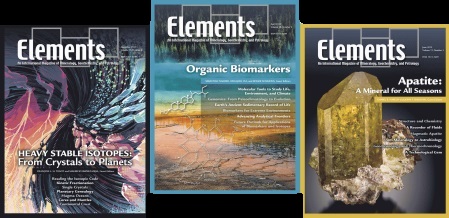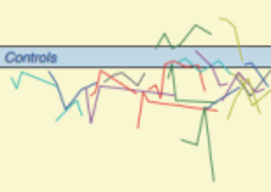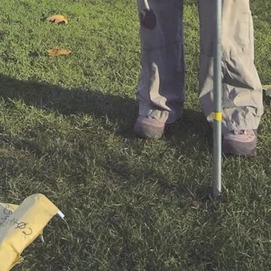Metal Stable Isotopes in the Human Body: A Tribute of Geochemistry to Medicine
Metalloproteins play essential roles in biology and medicine. Calcium is a major component of bones, while electron and oxygen transport in the body relies on iron and copper. Isotope fractionation of metal stable elements uniquely reflects specific biochemical pathways. Variations in these isotope ratios from normal levels in body fluids can be used as reliable markers of pathological conditions. Metal stable isotope fractionation reflects the energetics of bonding, is amenable to theoretical calculations and is fast becoming a powerful medical diagnostic tool. Examples include how calcium isotopes can be used to monitor bone loss, how iron isotopes can react to genetic disorders, and how copper isotopes can help track cancer progression.
Metal Stable Isotopes in the Human Body: A Tribute of Geochemistry to Medicine Read More »



